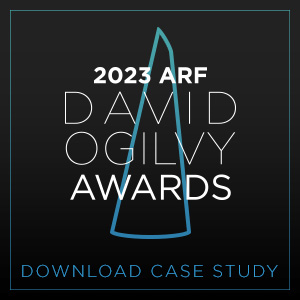- Audience & Media Measurement
- Article
How to Leverage the Video Game Ecosystem for Marketing Analytics
Online video gaming is a channel that has grown significantly in popularity in the last decade and the trend is likely to continue. Due to a massive group of highly engaged gamers, marketers can use this channel to understand this segment and their needs much better. However, this ecosystem, along with providing unique opportunities, also comes with unique challenges. This Marketing Science Institute (MSI) working paper offers a roadmap.
Member Only Access






